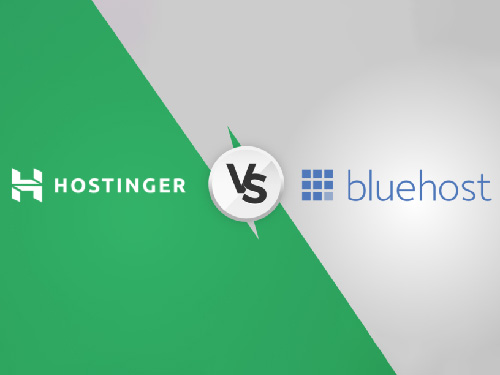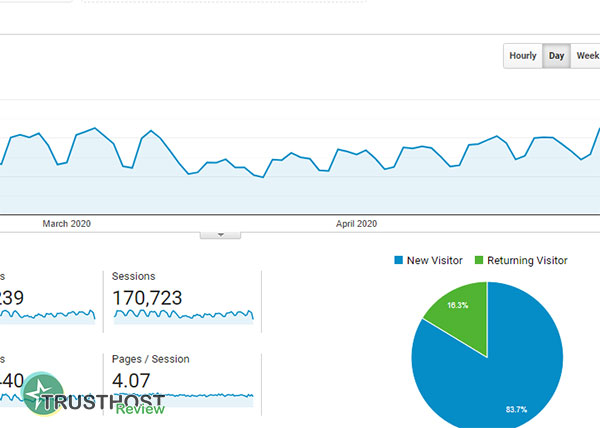What is SSH (Secure Shell): A Secure Gateway to Your Web Server
SSH (Secure Shell)
In today's digital landscape, secure remote access to web servers is paramount. This is where SSH (Secure Shell) takes center stage. SSH is a cryptographic network protocol that provides a secure channel over an unsecured network. It acts as a secure tunnel, protecting sensitive data from prying eyes as it travels between your local machine and a remote server.
Why is SSH So Important for Web Server Management?
- Secure Remote Login: SSH provides a secure alternative to insecure protocols like Telnet, safeguarding your login credentials from eavesdropping.
- Secure File Transfer: SSH enables secure file transfers between your computer and the server, ensuring the integrity and confidentiality of your data.
- Tunneling Other Protocols: SSH can act as a secure tunnel for other protocols like HTTP or FTP, adding an extra layer of security.
- Remote Command Execution: SSH allows you to execute commands on a remote server as if you were sitting right in front of it.
How Does SSH Work?
SSH leverages public-key cryptography to establish a secure connection. Here's a simplified breakdown:
- Key Generation: You generate a pair of keys: a public key and a private key. The public key can be shared, while the private key must be kept secret.
- Key Exchange: Your public key is shared with the remote server.
- Authentication: When you connect, the server uses your public key to encrypt a message. You can only decrypt this message with your private key, proving your identity.
- Secure Channel: Once authenticated, a secure encrypted channel is established for all further communication.
Best Practices for Enhanced SSH Security
- Use Strong Passwords and Passphrases: A strong passphrase for your private key is your first line of defense.
- Disable Root Login: Disable direct root login via SSH and use sudo for elevated privileges.
- Limit SSH Access: Configure your server's firewall to restrict SSH access to specific IP addresses.
- Regularly Update SSH: Keep your SSH software up-to-date to benefit from the latest security patches.
- Consider Two-Factor Authentication (2FA): Implement 2FA for an additional layer of security.
By understanding and implementing SSH, you take a significant step towards ensuring the security and integrity of your web server and the valuable data it holds.
















